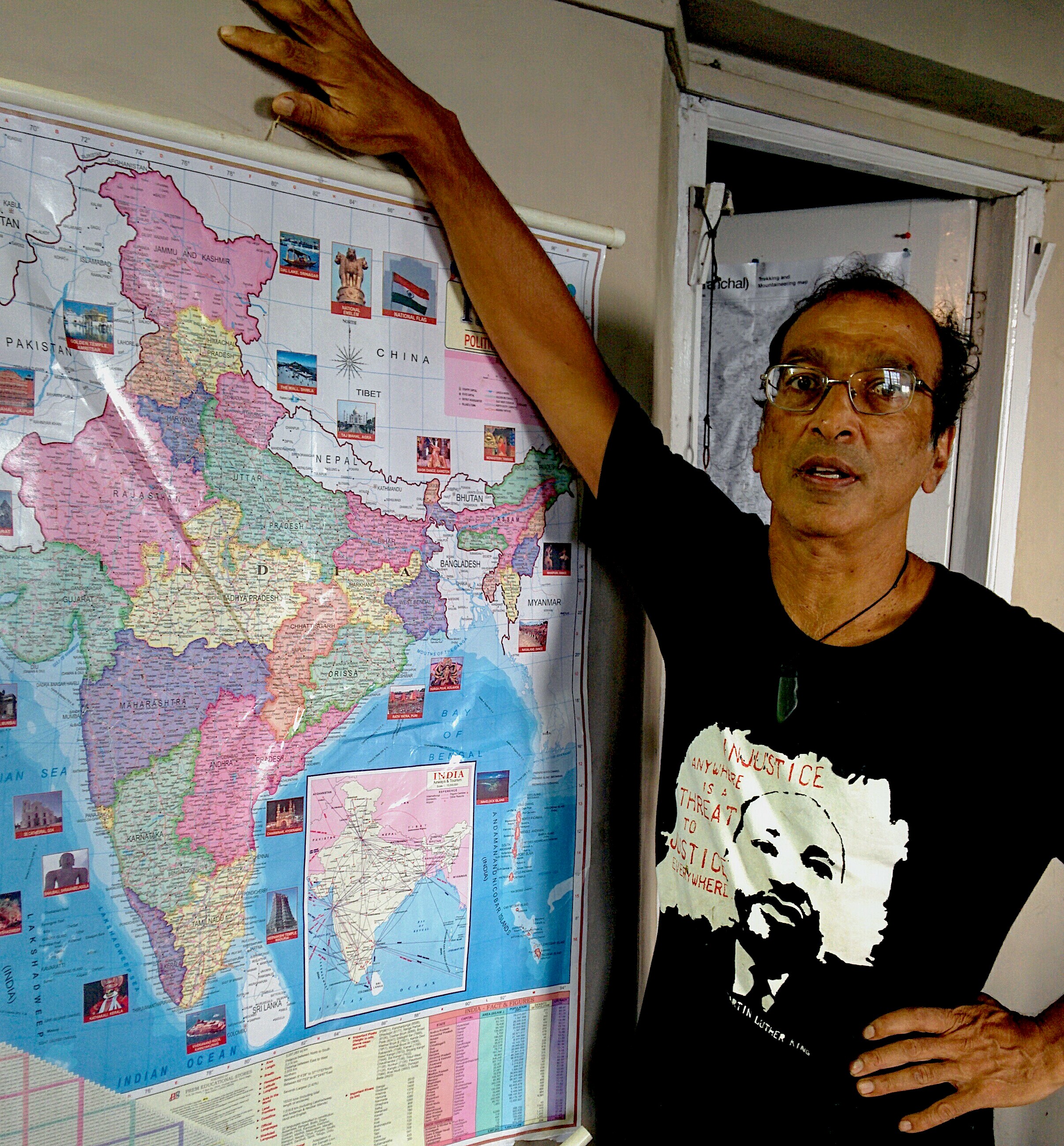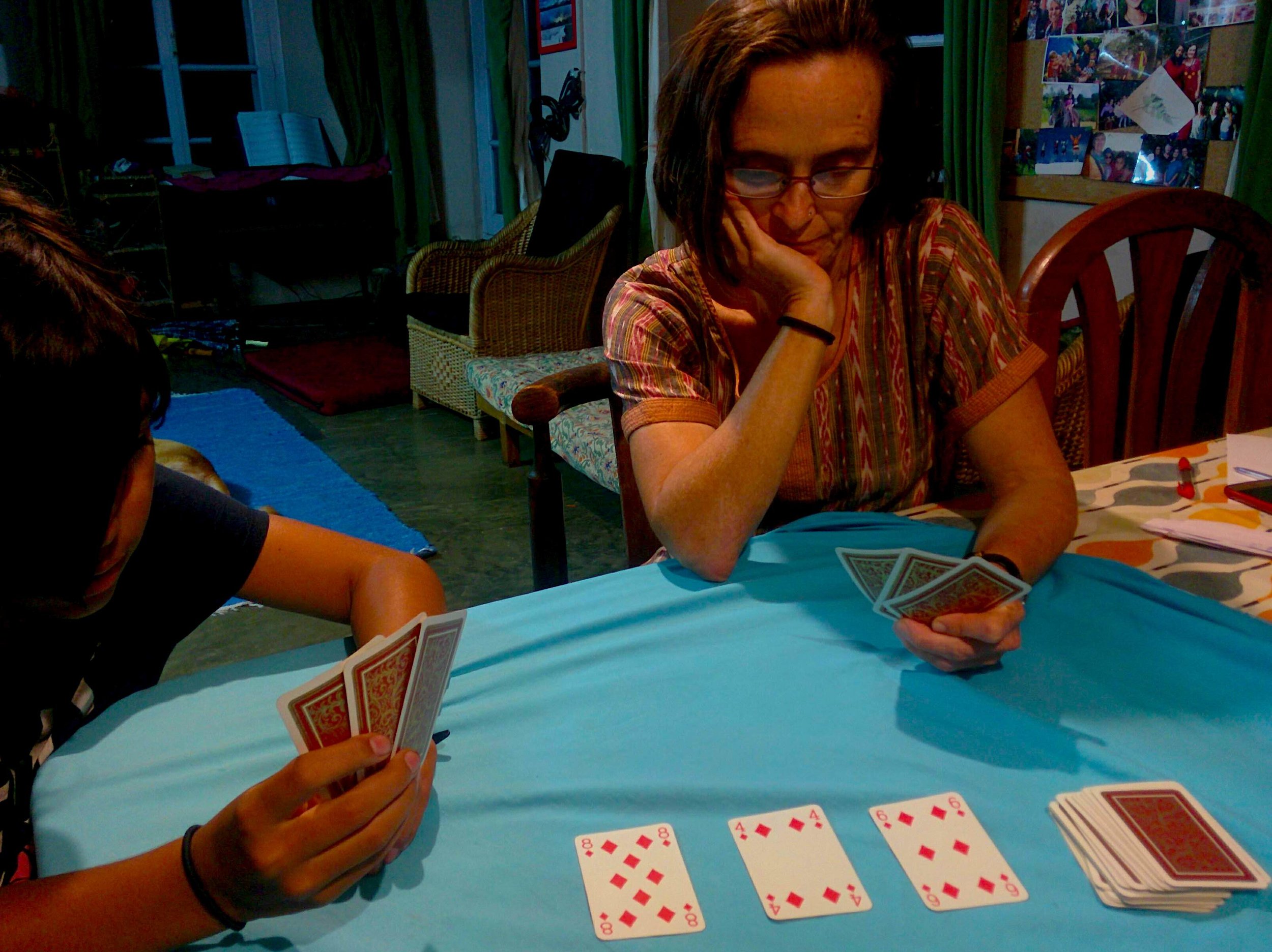I live here. The original Blue Marble photograph from the 1972 Apollo mission
In 2017 I attended a workshop on Principles Focused Evaluation by the well-known evaluator and thinker Michael Quinn Patton. author of “Utilization Focused Evaluation”, the modern evaluator’s bible. It was an excellent workshop but what grabbed me by the heart was him introducing the concept “Blue Marble Evaluation”. The term is taken from the iconic picture of the earth from space taken by the Apollo 17 mission in 1972. Very few people have been far enough from the earth to see the whole, beautiful blue marble. If more of us had this perspective maybe the tribal way we humans divide ourselves around our resources would be different.
It’s a metaphor for development. A blue marble view is a big picture wide angle view of the world. In evaluation and in programme design we so often look only at a project, at a small area, at a snapshot of time and only at the particular speciality or subject area involved. In fact, every development project is nested in a context (part of which is time). Quinn Patton is trying to develop thinking around how to take evaluation to being a global speciality for a globalised world. This involves acknowledging geographic scales from global to local, understanding development projects as having trajectories through time and space, seeing networks and connections and always involving multiple specialities. A. health project is not just for medical specialists, water is not boxed into an engineering space, agriculture involves much more than what agronomists bring. Somewhere in all of those projects is politics, sociology, culture, human relationships and relationships between humans and the environment we are nested. Blue Marble thinking would consider a project in its wider context. Rather than simplify Blue Marble thinking would deliberately complexify (why does my spell check have a red line shouting under that word?) because development is inherently complex . Even if funders, managers, planners and field staff, demand it be simple, or at most complicated their projects are complex. If they ask development professionals to force watery blue marbles into square steel boxes we can do it. The boxes will stack neatly up just as they want. But most of what is important won’t be inside.
Not uncommonly when I evaluate projects a suggestion, even for projects doing very well, is that they should consider a change of approach. That is because even a good project becomes irrelevant if it continues as is when the world around it has changed. (I wrote about such a project in this blog.) Well what about evaluation itself? It developed in a modern world in which modern thinking demanded discreet projects be evaluated like discreet and separable parts of modern machine. A simple, or at most complicated, speciality. However evaluation now operates in a post-modern, complex, inter-related, globalised world. Today’s problems are not about tinkering with discreet, separable bits of a machine. Today’s problems are complex, hard to grasp, interrelated issues not restricted to particular geographical borders, particular specialities or three year project cycles. Think of issues like climate change, refugee issues, global fisheries. These are well known global examples but similar issues exist for every project I work with. Evaluation itself needs to evolve as the world in which it operates has changed. If not, evaluation will become irrelevant. Blue Marble Evaluation is about the evolution of our speciality.
Keen to be involved with the blue marble project I have communicated with Michael Quinn Patton. I will be part of the current webinar series and may even run one (I will put it up on my “events” tab next week.). I am very keen to be involved with a global group of evaluators collecting around this Blue Marble concept- out-of-the-box people who think and move between scales, specialities, geographical boundaries and time frames. As a development practitioner and thinker whose website by-line is “Coherent Development for a Messy World” I am excited to see where this takes me. Where this takes us all.











